Kirsty Williams: Assembly needs a change of management
- Published
Kirsty Williams: 'I got into politics to do things'
Kirsty Williams campaigned for the assembly and has been a member of the institution since day one in 1999.
But looking back over the last 17 years, she sounds like she has mixed feelings about the project - that it hasn't fulfilled its promise.
"I think that's a realistic assessment," she says.
"And it's certainly how many people that I speak to feel about the assembly.
"We had such high hopes that creating this new institution would transform the way in which we delivered public services in Wales and for many people that just hasn't happened."
To be clear, she isn't advocating rolling back the clock and running things from Westminster again.
She just thinks that the assembly needs a change in management.
At the election in May - her fifth and arguably her toughest yet - she'll be trying to convince voters to do that and take out their frustration on the Labour Party.
She'll also be doing her best to try to keep her seat, Brecon and Radnorshire, where the Lib Dems' biggest rivals are the Conservatives.
She and husband Richard, a farmer, live near Brecon with their three daughters.
She tells a story about driving around the area in the days before satellite navigation, using Ordnance Survey maps to find the homes of Lib Dem members and convincing them to nominate her as their candidate.
For nearly twenty years she's helped keep this part of mid Wales a Lib Dem stronghold.
But last year voters here switched to the Conservatives at the general election.
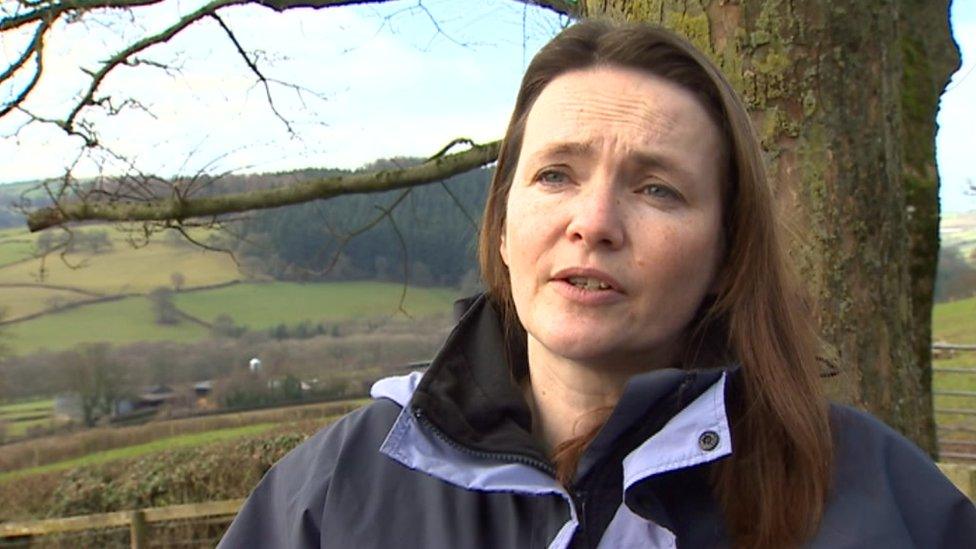
The Tories would dearly love to convince locals to do the same again and kick out Mrs Williams.
They'll waste no opportunity to remind people that in Cardiff Bay she's worked with the Labour government she complains about, including striking deals to help Carwyn Jones pass his budgets.
But she makes no apology for that, saying that despite leading the smallest group in the assembly she's managed to get a Labour government to deliver Lib Dem policies such as increasing funding for the education of school pupils from deprived backgrounds.
"If the budgets hadn't gone through, the entire institution would have collapsed," she says.
"I don't think anybody in Wales would have thanked us for a failing institution - an institution that would have seen its budget slashed and money sent back to London."
Isn't that a bit dramatic? She could have teamed up with Plaid Cymru and the Conservatives to run things themselves.
That three-party rainbow coalition almost happened in 2007 under her predecessor as Welsh Lib Dem leader Mike German.
But Mrs Williams opposed that coalition, and reviving it has seemed an unlikely prospect in recent years.
Nevertheless, she points out that she has occasionally worked with the other two parties to extract concessions from the Labour government.
'Energy'
Support for the Lib Dems has dwindled since they formed a coalition with the Conservatives at Westminster in 2010.
Mrs Williams refuses to criticise that decision.
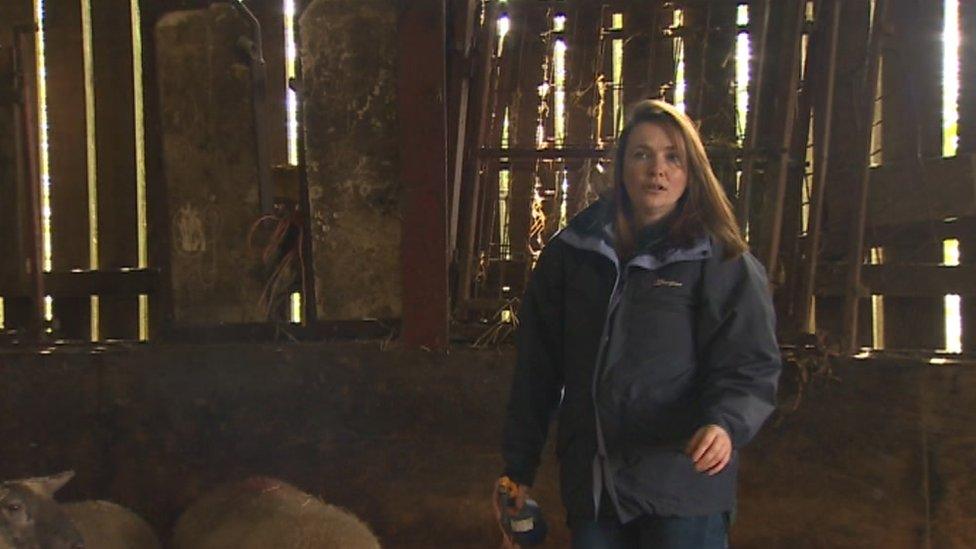
And if the erosion of her party's vote wasn't enough of a headache, polls suggest the Lib Dems could pay the price for rising levels of support for UKIP.
UKIP look on course to win seats in the assembly for the first time, whereas the Lib Dems will struggle to retain all five of theirs.
Win or lose, will this be her fifth and final election?
She says it's been an "immense privilege" to be a member of the assembly, to represent her constituency and to lead her party since 2008.
"As long as I've got energy and the ideas that I think will make a difference to people I will keep on going."
- Published16 February 2016
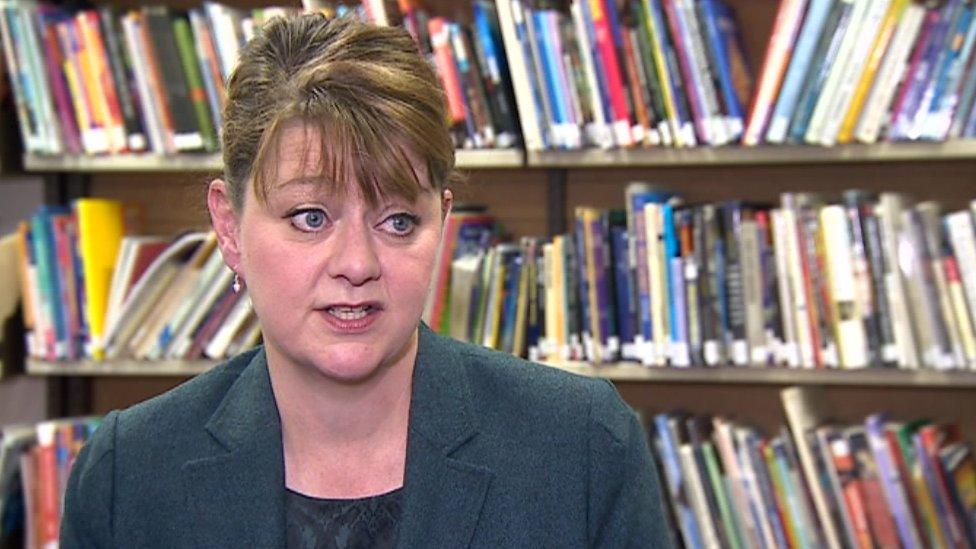
- Published10 February 2016
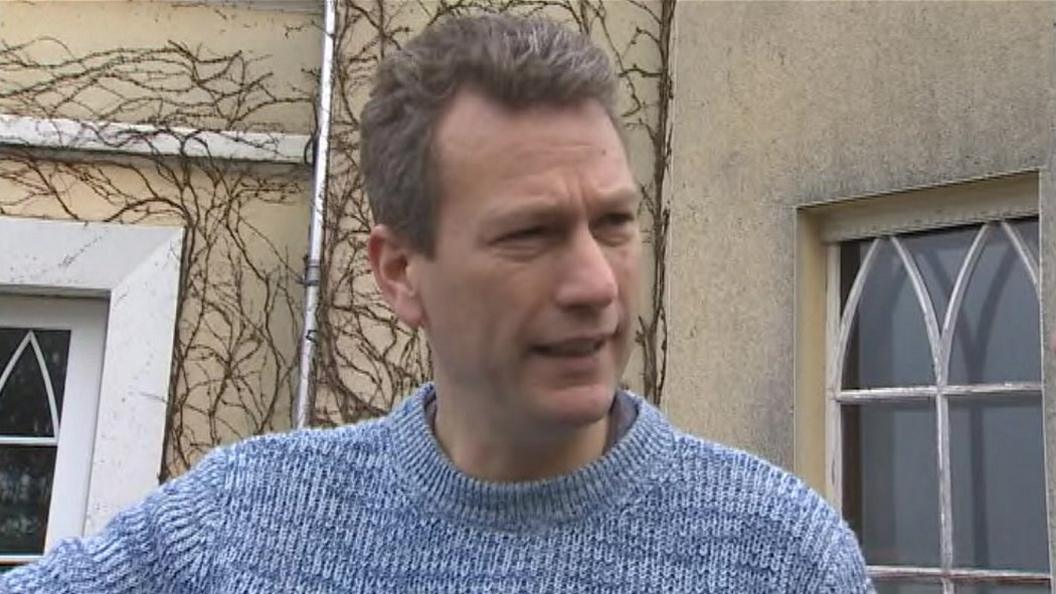
- Published17 February 2016
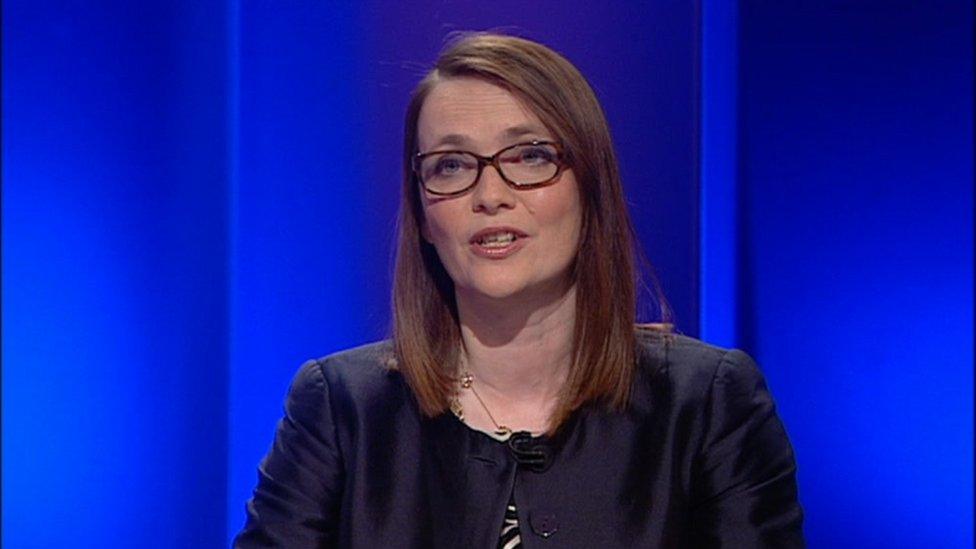
- Published7 February 2016
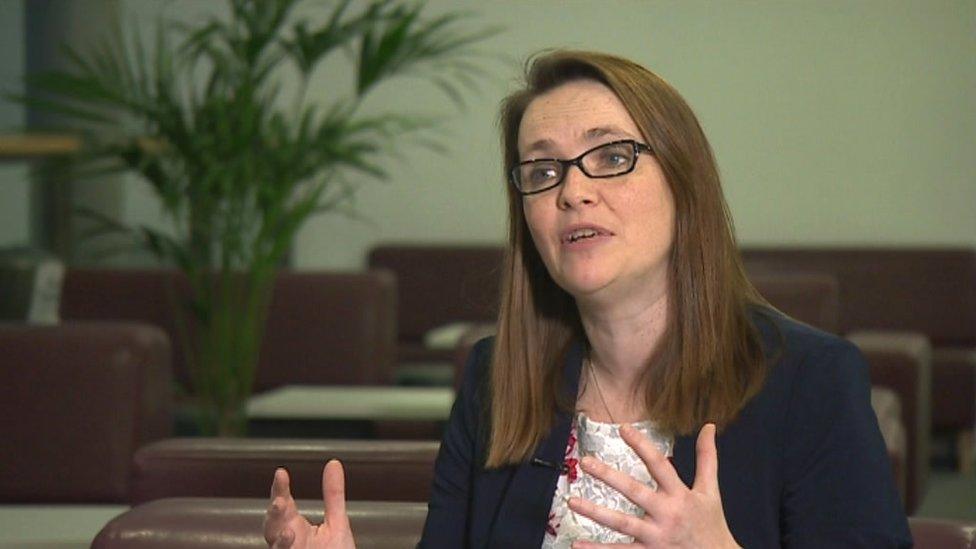
- Published7 February 2016
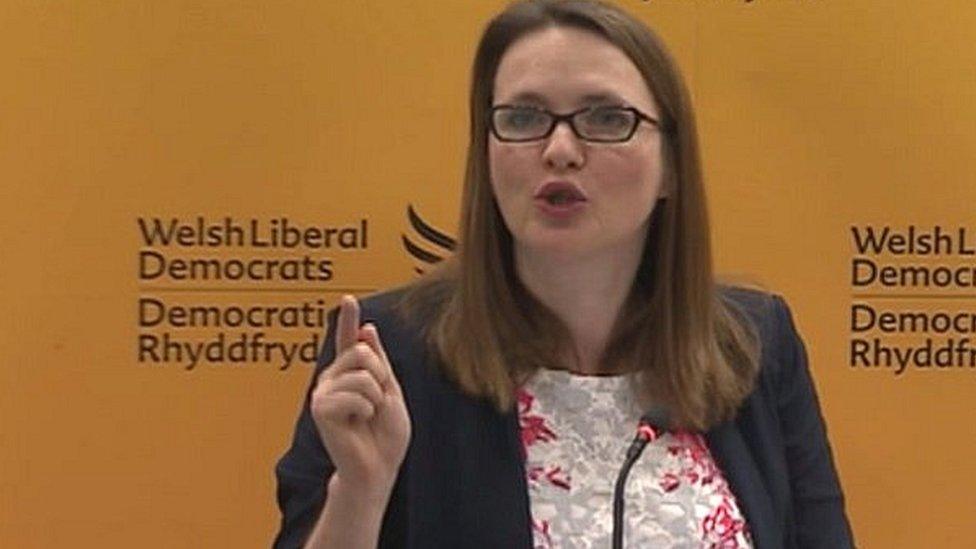
- Published6 February 2016

- Published5 February 2016
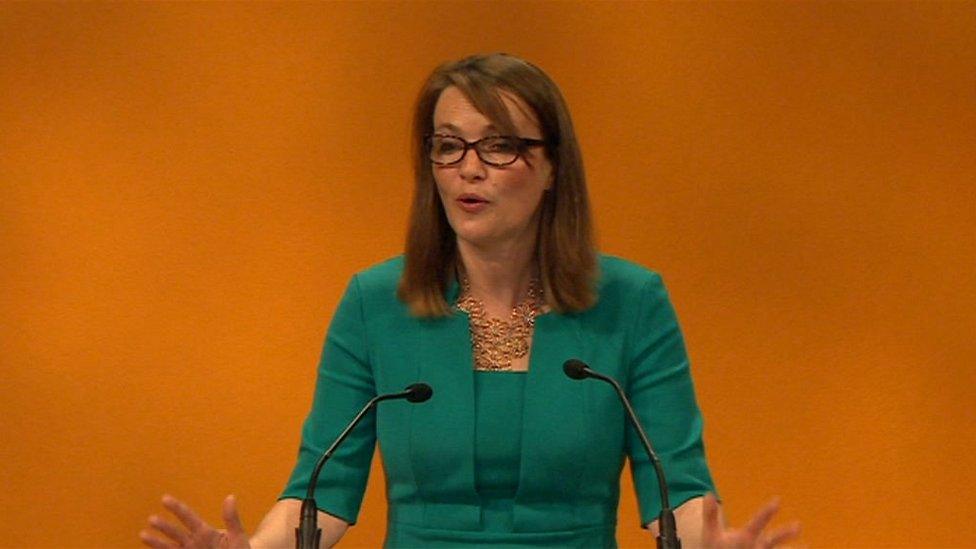
- Published29 January 2016
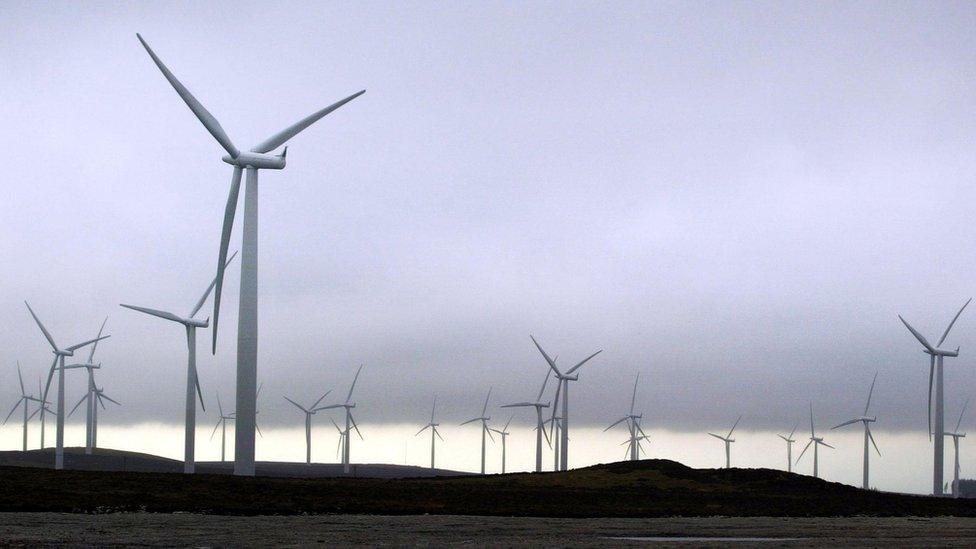
- Published18 December 2015

- Published21 September 2015